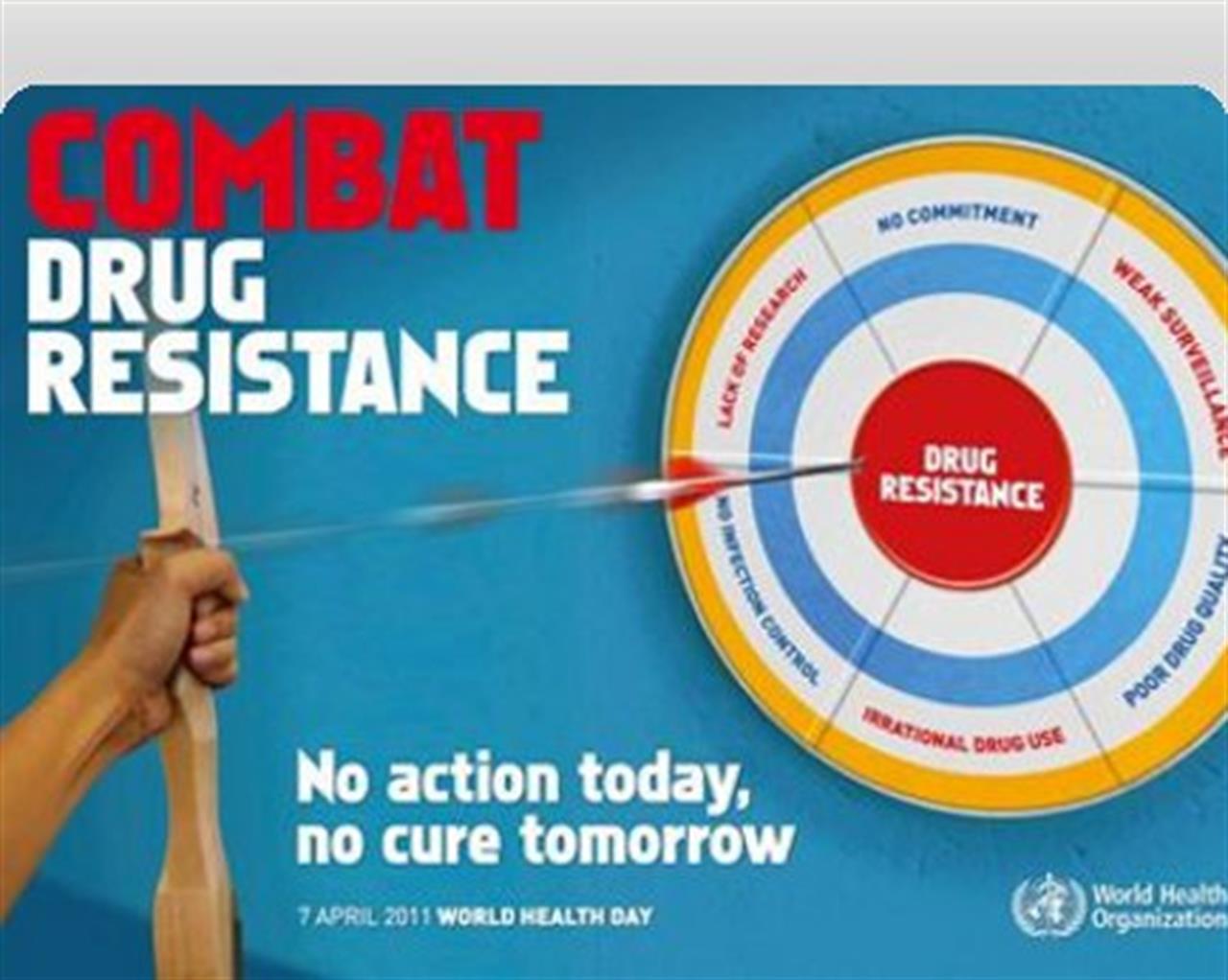It’s April 7, doesn’t ring a bell? Well, it should. It’s World Health Day, a very good opportunity to think about the importance of taking care of our health.
Instituted by the World Health Organization in 1950 to draw attention to health issues that affect the international community, World Health Day has always been an occasion to promote actions that can improve our health.
This year’s campaign is devoted to spread awareness of antimicrobial resistance, which is becoming an increasingly dangerous treat. Antimicrobials include antibiotics, chemotherapeutic agents, antifungals, anthiparasitic medicines and antivirals and they are used to treat infections caused by microorganisms such as fungi, parasites and viruses.
Antimicrobials have saved millions of lives since they were first discovered in the 1940s and they are without any doubt one of the most important advances in health history. Unfortunately the inappropriate use of microbials in medicine over the past seventy years has increased the types of microorganisms that are resistant to these kinds of drugs.
Among the causes of microbial resistance there are the consumption of substandard doses, the interruption of a prescribed treatment, low-quality medicines and wrong prescriptions.
Every year, in the European Union 25 thousand people die because of a serious resistant bacterial infection mostly acquired on healthcare settings.
WHO asks prescribers, policy-makers, the pharmaceutical industry and the public to take action: prescribe and use antibiotics responsibly, monitor and track antibiotic usage and resistance and invest in the development of new antibiotics medicines.
In Europe today the WHO is organizing a series of events in Copenhagen, Rome, Strasbourg, London and Moscow.
Read the full program of events: http://www.euro.who.int/en/who-we-are/whd/world-health-day-2011-antibiotic-resistance-no-action-today,-no-cure-tomorrow/events
17 centesimi al giorno sono troppi?
Poco più di un euro a settimana, un caffè al bar o forse meno. 60 euro l’anno per tutti i contenuti di VITA, gli articoli online senza pubblicità, i magazine, le newsletter, i podcast, le infografiche e i libri digitali. Ma soprattutto per aiutarci a raccontare il sociale con sempre maggiore forza e incisività.

